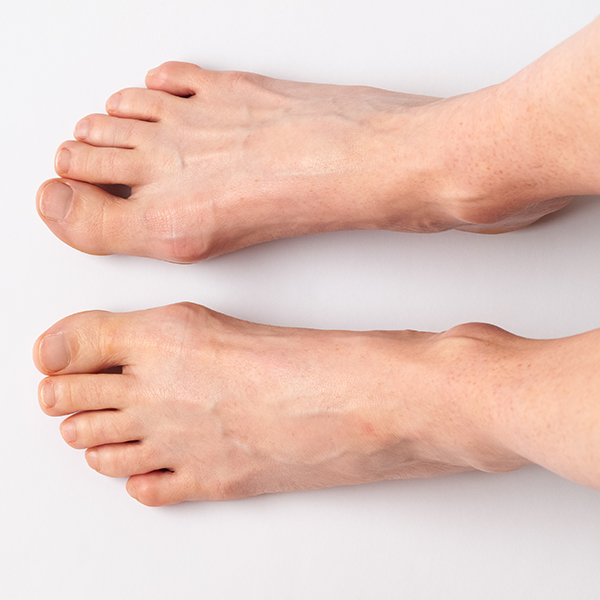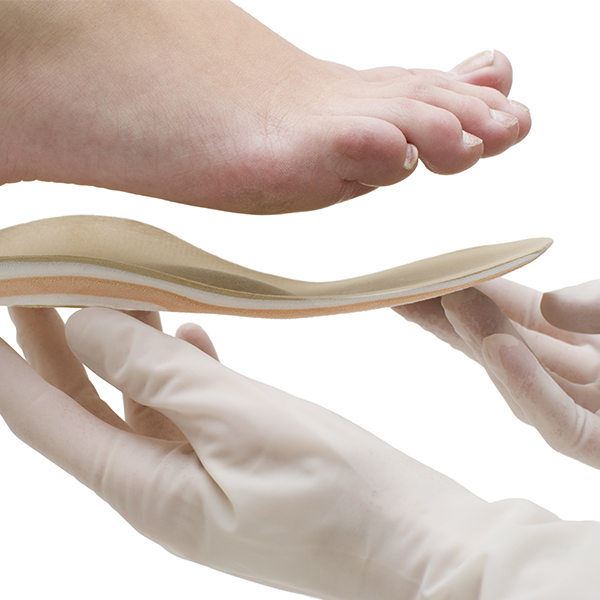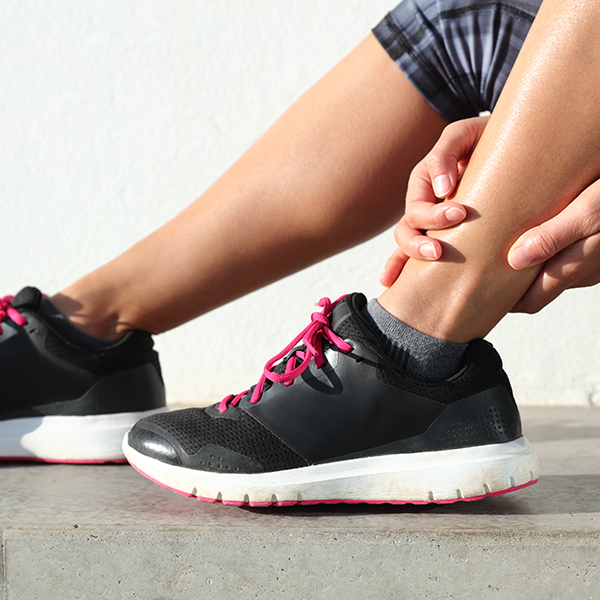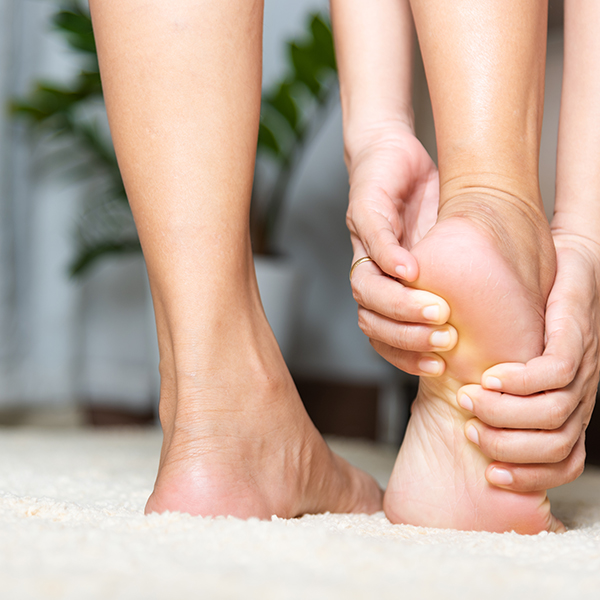Corns
When certain areas of the foot experience pressure and friction, it often causes the skin to provide protection by building up hardened layers of skin. These calluses or corns are thick and cushioning, often developing on the toes or feet where the skin rubs against your shoes.
Small corns and calluses don’t require treatment if they aren’t causing discomfort. Often, patients can eliminate the source of pressure or friction, and the corns will disappear.
The Difference Between Corns and Calluses
Both corns and calluses result in a hardened, raised bump, along with skin that is thick and rough. Sometimes, pain or tenderness occurs in the affected area. The skin might be flaky and dry, or sometimes a waxy surface develops.
Even though some of the symptoms are similar, there are distinct differences between these conditions. Corns and calluses aren’t the same thing:
- Calluses: This skin condition isn’t usually painful. They often develop on the bottoms of the feet under the balls or heels. The shape and size can vary.
- Corns: Usually smaller than calluses, corns have a hard center area surrounded by skin that is inflamed and irritated. In most situations, corns develop in locations of the feet that don’t bear weight, such as the sides or tops of your toes. When pressed, corns are painful.
Corns: Causes and Treatments
Corns can develop due to repetitive actions that put friction and pressure on a focused area of the foot. The risk of corns increases with ill-fitting shoes, such as high heels and tight shoes that compress the toes and feet. At the same time, shoes that are too big or loose can result in corns if the shoes slide and rub repeatedly. Wearing shoes without socks can increase the risk of corns.
The most effective treatment is to minimize the repetitive action. For example, you should choose shoes that are properly fitted and don’t rub against the feet. If the corn persists, then it might be time to schedule an appointment with a podiatrist. Treatments might include trimming excess skin, topical medication (such as salicylic acid), or shoe inserts. In severe situations, sometimes surgery is required to correct the alignment of the foot.
For more information about corn treatment, our team is here to assist. Call Rock Canyon Foot and Ankle to discuss your options with an experienced podiatrist in Denver.











